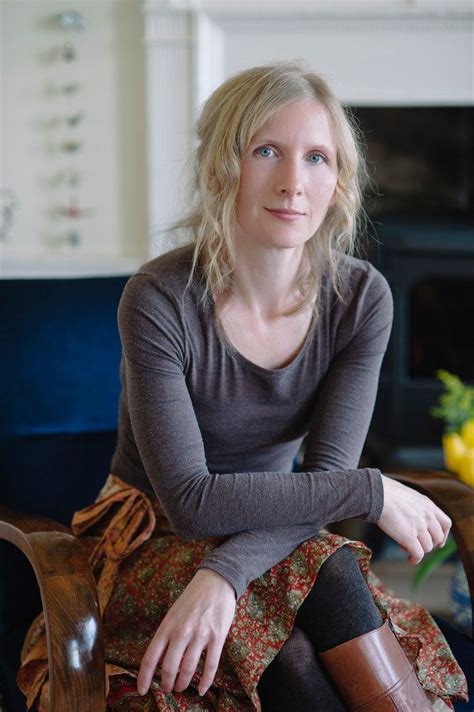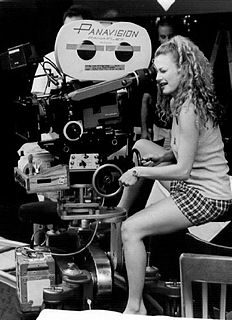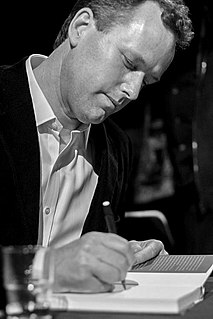A Quote by Jesmyn Ward
As an artist, I feel a certain responsibility to write about difficult subject matter.
Quote Topics
Related Quotes
The funniest novel you've never read. . . . Afternoon Men is a revelation to sophisticated readers of every stripe, but especially to a certain kind of artist manqu on the brink of discovering that life is a more difficult business than he ever had reason to expect. . . . The subject matter is 'relatable,' as my students like to say. Better still, though, is what you can learn about the craft of writing from this marvelous book. . . . Indeed, if you're looking for a funny, nonportentous Hemingway, then the early Powell is your man.
I feel it's my social responsibility to shine a light on areas that don't get seen. My personal feeling is that it's an artist's responsibility to be engaged with the culture. And when the culture is going through turmoil, I think an artist can't ignore that. I don't feel that every artist has to be politically engaged, but I can't imagine that you can be an active participant of this culture and not in some way reflect that in the work you are creating.
Whatever an artist's personal feelings are, as soon as an artist fills a certain area on the canvas or circumscribes it, he becomes historical. He acts from or upon other artists. An artist is someone who makes art too. He did not invent it. How it started — "to hell with it." It is obvious that it has no progress. The idea of space is given him to change if he can. The subject matter in the abstract is space. He fills it with an attitude. The attitude never comes from himself alone.
Why was the painting made? What ideas of the artist can we sense? Can the personality and sensitivity of the artist be felt when studying the work? What is the artist telling us about his or her feelings about the subject? What response do I get from the message of the artist? Do I know the artist better because of the painting?
One of the few ways I can almost be certain I'll understand something is by sitting down and writing about it. Because by forcing yourself to write about it and putting it down in words, you can't avoid having your say on the subject. You might be wrong, but you have to think about it very intensely to write about it.
I don't write about sex because it's not really my subject. I love it when other people write about it, but it's not my subject, and I don't want anyone I've had sex with to write about it. Plus, you're in front of an audience, and they picture wherever you're writing about. I'm 52; no one in the audience wants to picture that.







































